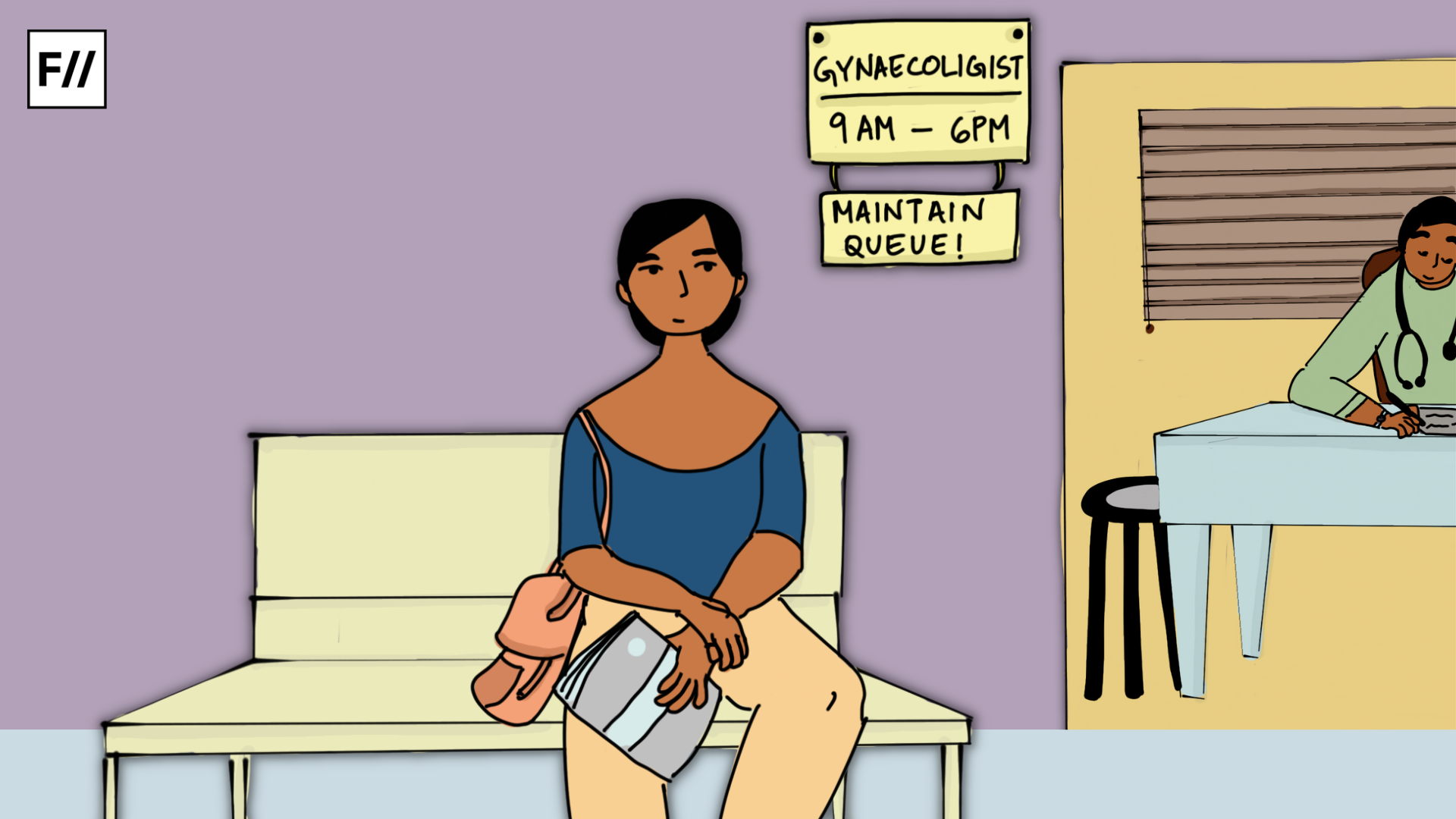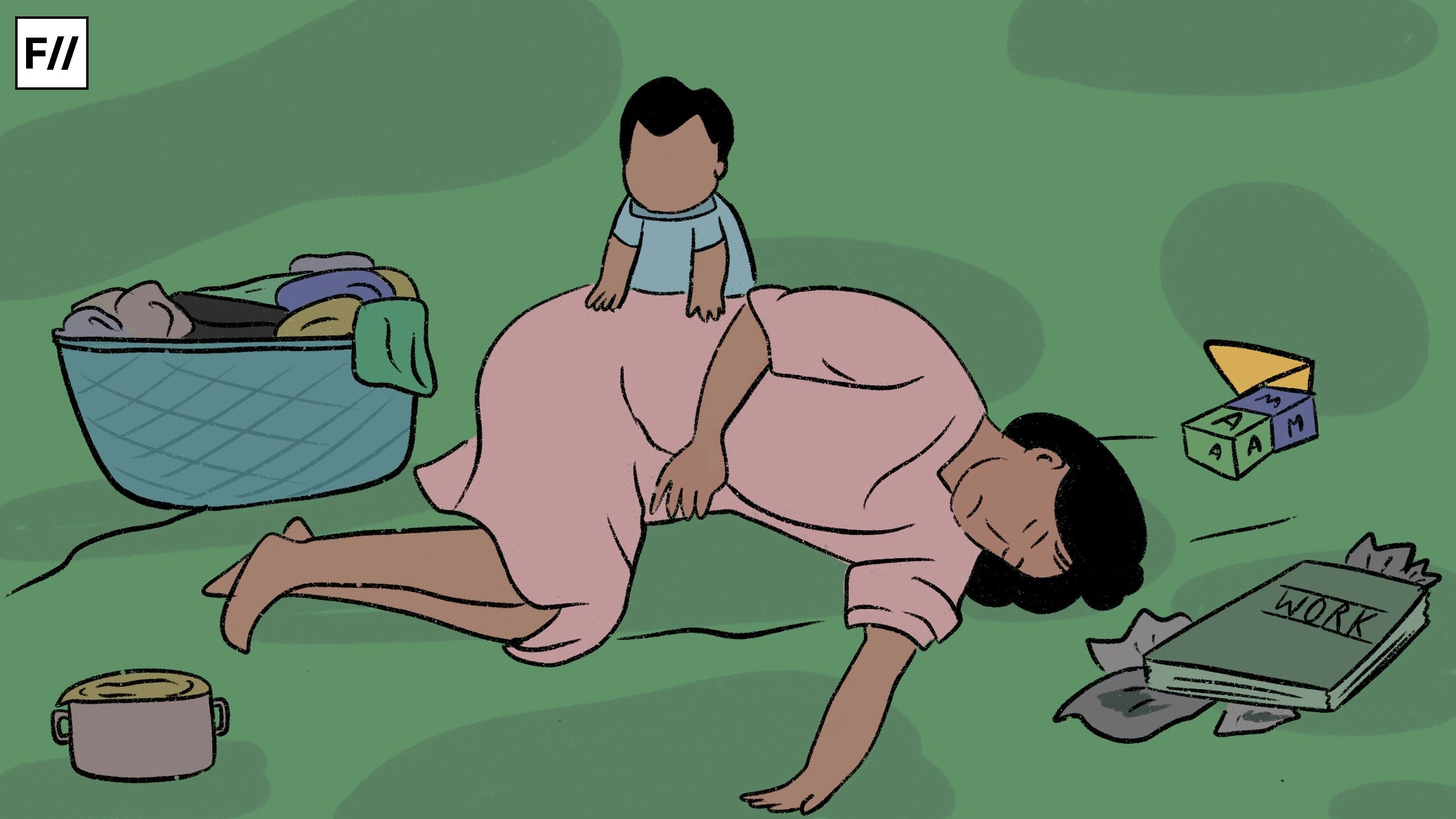Reproductive Justice means controlling one’s sexuality, gender work, and reproduction. It involves economic independence, social power status, and resources to make fulfilling decisions involving bodily autonomy to the communities in all spheres of life. At its core, it involves one’s decision to have the right to birth children at one’s will, the right not to have children at one’s will, and the right to nurture the children in a safe environment.
Historically, a group of Black women in Chicago in 1994, participating in the International Conference on Population & Development (ICPD), launched a movement later called the Reproductive Justice Movement for Women. Black women often faced challenges to reproduce autonomously. The Illinois Pro-Choice Alliance’s Black Women’s Caucus decided that it was essential for women to embrace their ‘womanhood,’ and their ability to reproduce, be it any colour or race, especially low-income women. The central theme of reproductive justice is ‘the approach that would focus on issues concerning bodily autonomy in reproductive decision-making.’
India’s path to inclusive reproductive justice
India has successfully promised ways to guarantee their women Reproductive justice with the enactment of the law Medical Termination of Pregnancy Act, 1971 (Act 34), enacted by the parliament of India, which extends everywhere. Except for Jammu and Kashmir where the Jammu and Kashmir Medical Termination of Pregnancy Act, 1974, is enforced. The Act specifies no registered medical practitioner shall be held guilty of any offence for terminating a pregnancy if done by the Act.
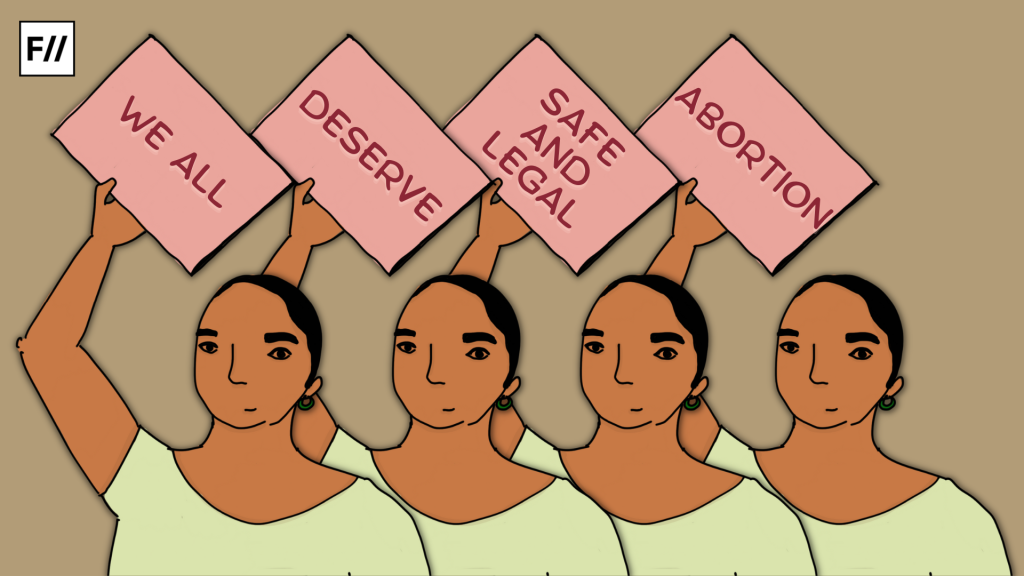
After 15 years of ICPD and global sensationalism of how women can own their bodily autonomy, in 2009, a case of Suchitra Srivastava was presented, in which the Supreme Court made a significant ruling affirming that a woman has the right to make reproductive choices as a woman of Article 21 (Protection of Life and Personal Liberty) of the Indian Constitution. The ruling of the case adjoined that reproductive rights cater to the abilities ‘to procreate and the decision to abstain from procreating, obligated by the rights to privacy, dignity, and bodily integrity.’
The court also released a ruling that a person with a disability has the right to resist forced abortion. The Delhi High Court’s leading decision in the case of Laxmi Mandal v. Deen Dayal Harinagar Hospital & Ors (2011) was the first-ever woman to declare maternal mortality a violation of human rights. The Court petitioned that Article 21 of the Indian constitution also guarantees that the pregnant woman’s reproductive rights are inalienable to the survival of the person pregnant. This emphasised that health is a crucial phenomenon and a guaranteed human right given to Indian citizens.
Unwanted pregnancy and abortion
In 2009, the Supreme Court of India established that Article 21 caters to and recognises women’s reproductive rights. One can safely abort a fetus as their ‘independent choice,’ overruling a 2004 judgement that required a husband’s consent for abortion. In 2011, The High courts of Punjab and Haryana as well affirmed that it was the women’s individual choice to abort without their partner’s consent, claiming it as an ‘individual right.’ In 2013, the Madhya Pradesh High Court decided that rape victims shouldn’t go through any judicial scrutiny, as it causes distress to the trauma that a victim already goes through.
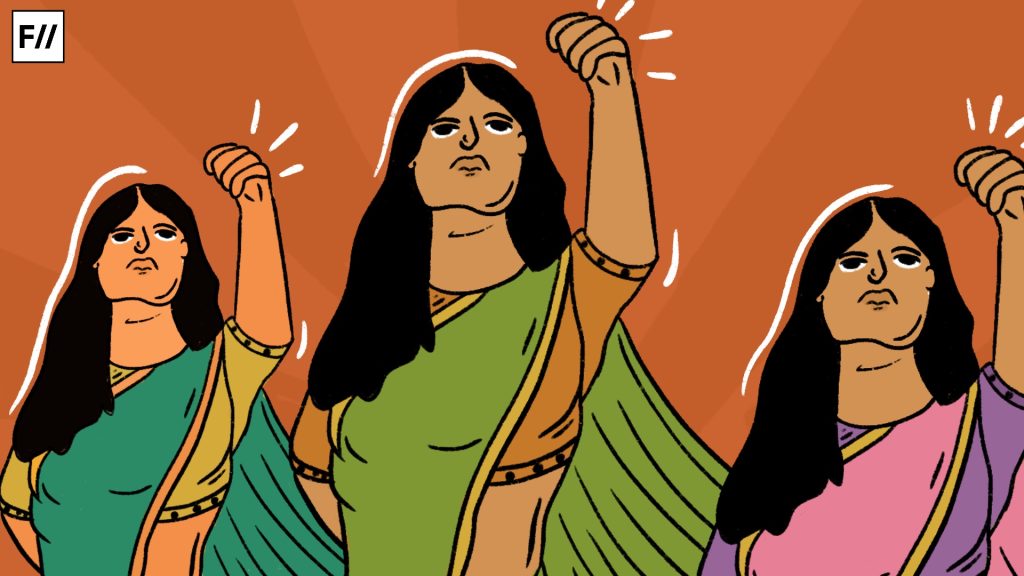
The Supreme Court guaranteed abortions up to 20 weeks of a case in 2015, citing the risks to both women’s mental and physical health. In 2017, the ruling changed to 24 weeks in cases of ‘fatal fetal impairments.’ Some state high courts, like those in Gujarat and Chhattisgarh, have allowed abortions past 20 weeks in cases of sexual violence.
In 2016, the Bombay High Court reinforced women’s rights to abortion for prisoners, for ‘unwanted pregnancies,’ which also caused immense stress to the bearer. The pregnancy-related decisions should be initially made by the person who is pregnant. This legal system of India underscores women’s autonomy and control over their bodies.
Issue of child marriage
The Prohibition of Child Marriage Act of 2006 guarantees child marriages are ‘illegal.’ The court emphasised that child marriages violate the right to lead a life of freedom and dignity. The Delhi High Court in 2010 and 2012 expressed that child marriages are a human rights violation and make the girls vulnerable to domestic violence, abuse, and social isolation. It noted that a child has no conception of terms like ‘consent,’ ‘reproductive health and protection,’ ‘sexual intimacy,’ and existing ‘gender inequalities’
In 2011, the Madras High Court recognised child marriage as a human rights violation. Its case of M. Mohamed Abbas v. The Chief Secretary (2015) authorised that child marriage violates women’s fundamental rights under Articles 14 and 15 of the Indian Constitution and sets the minimum age of marriage to 18 years old by the Prohibition of Child Marriage Act (PMCA).
The ‘inclusive’ in question
Unfortunately, all these laws and regulations remain alienated from the trans community, as reproductive justice promises to protect the right to have autonomy over their body and body sovereignty for all the people who can reproduce (as per the socially constructed gender binary and cis folks), the approach seems to create erasure for the trans community. Protection of Children from Sexual Offences Act, 2012 (POSCO) doesn’t legally recognise sexual intimacy under the age of 16 years. Trans-adolescents who may wish to abort or have reproductive health care service will necessarily need to go under judicial scrutiny, which legally itself is limited access because of the lack of recognition of the trans community-based laws in the constitution. As per the Transgender Persons Act (2019), even after undoing hysterectomy or mastectomy, the certificates after obtaining the surgical procedures would not nullify the gender of a cisgender person.
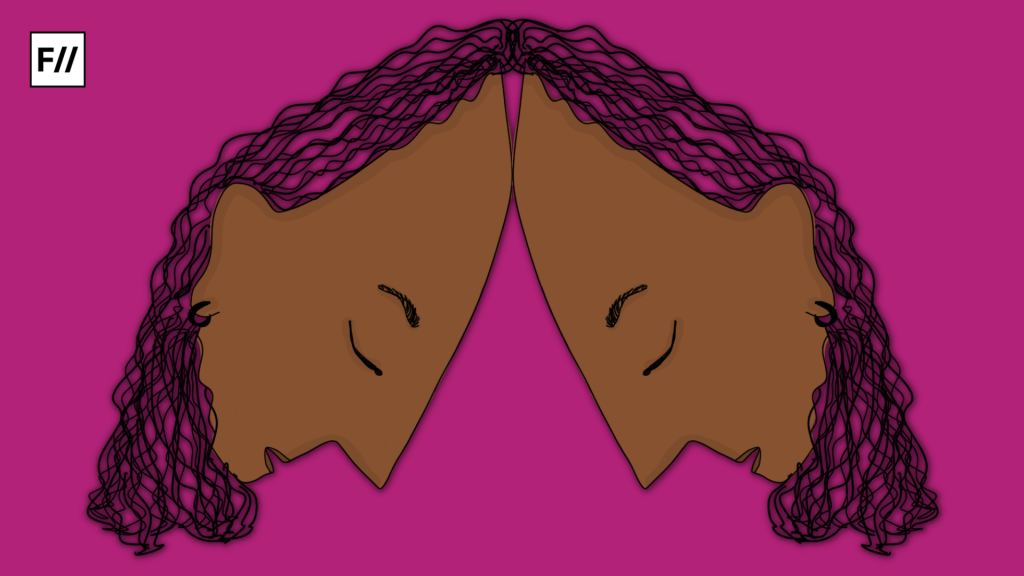
From landmark rulings and the overturning of the Courts, Reproductive Justice has seen possible strides to affirm women’s autonomy over their bodies and choices. The Reproductive Justices promise no intervention of spouse or partner when it comes to decision-making for abortion. However, even after all the guarantees, the marginalised communities of class and caste and the transgender community remain aloof from such essential justice.
It must be ensured that the marginalised persons have access to ‘safe and affordable abortion,’ making reproductive justice and laws more inclusive.
The trans community on the other hand still strives to fight for their emancipation for their reproductive health and rights. In Indian society, trans rights are often overlooked and not considered because of the social taboo that people have attached to the Queer communities. As India tries to navigate the societal challenges, economic barriers, and complexities it must still strive to ensure inclusivity and provide affordable and accessible reproductive health care for all.
About the author(s)
Kulsoom Faiz (she/they) is a Delhi based free lance journalist, She writes on gender, culture and on marginalised communities.
